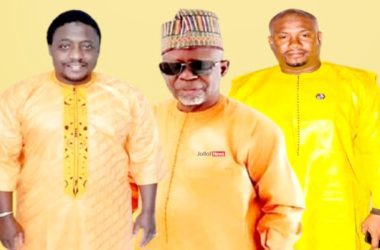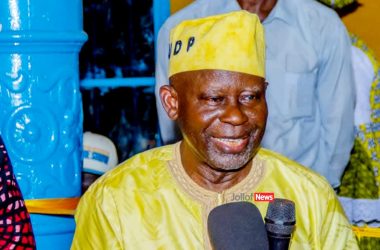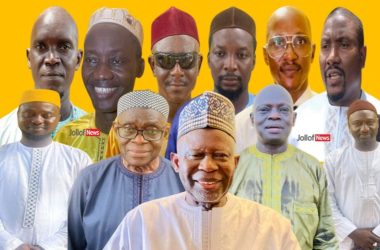By Abdoulie John
Celebrations marking Gambia’s 45th Independence anniversary were supposed to be characterized by great enthusiasm and fervour. And all indications are that this was the very atmosphere around 22nd July Square, scene of Thursday’s occasion, which turned out to be unique in a number of ways.
Most important among these, however, is that it did not only offer President Yahya Jammeh the opportunity to respond to growing international condemnations of his government’s human rights record, but also one of his special guests, President Abdoulie Wade of Senegal, had his stay cut short thanks to the attitude of some more serious military men in the Niger Republic, where a defiant ill-fated tyrant, Mamadou Tandja, was been overthrown. Mr Wade happens to be the mediator in Niger’s longstanding crisis, having been selected by his fellow leaders in the regional bloc of ECOWAS to work alongside Nigeria’s former military leader, General Abdusalami Abubacarr.
While the Nigeriens settled their political differences through the barrel of the gun, in Banjul Yahya Jammeh settled down well for his critics. Just few days after the United Nations Human Right Council’s Universal Periodic Review’s 7th session ended, which sparked a heightened global condemnation of his government for its contentious human rights record, which situation was aggravated by up to now unexplained expulsion of the Unicef country representative in the country, Jammeh sought to defend himself by drawing attention to his achievement.
Dismissing accusations of “bad governance” leveled against his government, the Gambian leader argued that his regime has done far better than the British in their 400 years of colonial rule.
“Today, we have more than 600 graduates here in The Gambia, 50 medical doctors, in 15 years, trained by the Gambia government. Today we are accused of bad governance,” he said.
“Let nobody fool you. We are seeing the difference between the Gambia 400 years under British rule and Gambia 30 years after Independence and 15 years after the July 22nd Revolution,” he stressed.
But always one step ahead in such debate, Halifa thinks the country is far behind time.
“They talk about infrastructural development; clearly any government with a holistic perception of infrastructural development would have known that the objective of infrastructural development is to promote the free movement of people and goods to be able to expand the economy. That’s why the past government failed, and the present government is failing,’’ Sallah argued, during an exclusive interview.
And he added, ‘‘We must build a road from Barra all the way to Fatoto (the country’s Far East), and we must also build a road from Banjul to Fatoto.”
According to Sallah, there is a need to have a nationwide transportation system capable of bringing development to the country’s hinterland.
Trending :
- 4 hours ago
- Ex-UDP UK Secretary Darboe Dismisses Fears Of Bensouda Repeating Barrow’s ‘Betrayal’
- 1 day ago
- Darboe Accepts Bensouda’s Resignation, Calls For Unity Within UDP
- 2 days ago
- Editorial | Mayor Bensouda’s Exit: A Moment Of Reflection For The UDP
- 2 days ago
- UDP Completes First Phase Of Flagbearer Vetting, Prepares For Nationwide Consultation
- 2 days ago
- Mayor Bensouda Quits UDP Leadership, Drops Flag Bearer Bid




